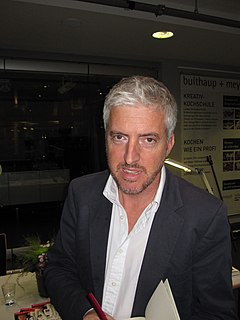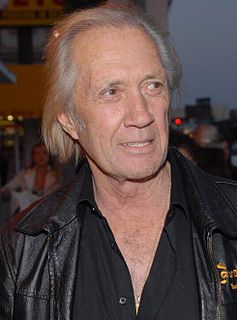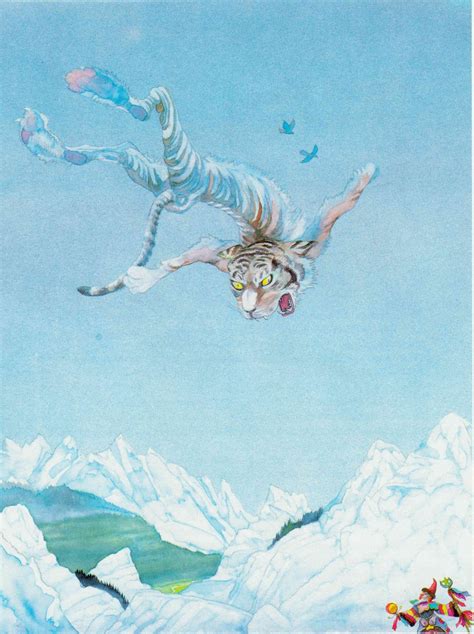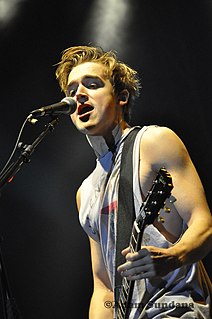A Quote by Rohini Hattangadi
Shooting for 'Gandhi' was a revelation for me. We were all given scripts and then we were asked to do our homework. I searched for books on Kasturba, but I found only two books, that's all. So I had to rely on my own skills.
Related Quotes
I remember one letter from a girl in a midwestern town who read one of my books and thought she had discovered it- that no one had ever read it or knew about it. Then one day in her local library she found cards for one or two of my other books. They were full of names- the books were borrowed all the time. She resented this a bit and then walked around the town looking in everybody's face and wondering if they were the ones who were reading my books. That is someone I write for.
Until I read Anne Frank's diary, I had found books a literal escape from what could be the harsh reality around me. After I read the diary, I had a fresh way of viewing the both literature and the world. From then on, I found I was impatient with books that were not honest or that were trivial and frivolous.
I am a product of endless books. My father bought all the books he read and never got rid of any of them. There were books in the study, books in the drawing room, books in the cloakroom, books (two deep) in the great bookcase on the landing, books in a bedroom, books piled as high as my shoulder in the cistern attic...In the seemingly endless rainy afternoons I took volume after volume from the shelves. I had always the same certainty of finding a book that was new to me as a man who walks into a field has of finding a new blade of grass.
Fortunately, I come from an activist mother, so I didn't have to rely on the history books. The history books teach us nothing about the Underground Railroad aside from Harriet Tubman. So I knew more about it but, obviously, I had to dig deeper and expand my knowledge and do a lot of research once I took this project on. I had, like, a good two months to research before we started shooting, which isn't a lot, and I continued it throughout the five months of us shooting.
To see what books were available for my older students, I made many trips to the library. If a book looked interesting, I checked it out. I once went home with 30 books! It was then that I realized that kids' novels had the shape of real books, and I began to get ideas for young adult novels and juvenile books.
I believe in books. And when our people [coughing] - our people of Jerusalem, let's say after the Romans destroyed the temple and the city, all we took is a little book, that's all. Not treasures, we had no treasures. They were ransacked, taken away. But the book - the little book - and this book produced more books, thousands, hundreds of thousands of books, and in the book we found our memory, and our attachment to that memory is what kept us alive.

































